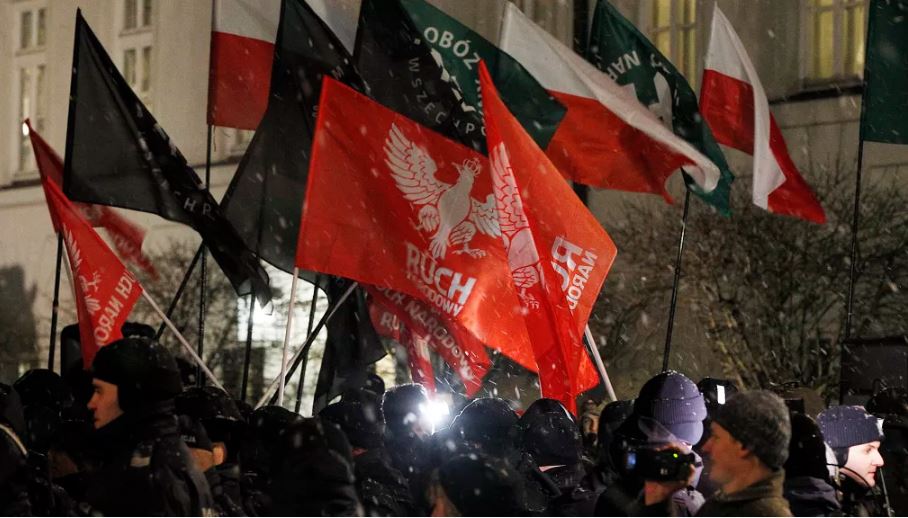This month marks 75 years since the Warsaw Ghetto uprising ended. In 2006, I met the last living leader of that heroic act of resistance, Marek Edelman. We talked in the Warsaw home of his friend, Paula Sawicka, a human rights activist and founder of Open Republic: the Polish Association Against Anti-Semitism and Xenophobia.
Edelman died on October 2, 2009, aged 90. His was a public funeral, attended by Polish citizens from many walks of life. In reviewing his remarkable life, and his deep friendship with Sawicka, I am struck by the urgent relevance of his ideals and hard-won experience to contemporary politics.
Edelman would have been deeply disturbed by the recent shift to the right in his native Poland, and the rise of authoritarian leaders such as Viktor Orban in Hungary and Czech President Milos Zeman. He would have been appalled by Zeman’s anti-Romany racism, and would have supported the Roma community’s insistence that the Czech Republic is also their homeland.
With his vision of an inclusive society, Edelman would have understood the distinction, made by academic John Nagle, between the “troubling rise of ethnos‐politics, identity politics based on blood ties, as opposed to demos‐politics, civic politics based on universal territorial citizenship”.
“Edelman observed a fluid line between patriotism and nationalism,” Sawicka told me in a recent conversation. “He never doubted that he belonged to Poland. ‘The nation is language, culture, education,’ Edelman said. ‘They are natural to you. You do not have to love it. You have to be in it’.”
Read the article by Arnold Zable in The Sydney Morning Herald.

